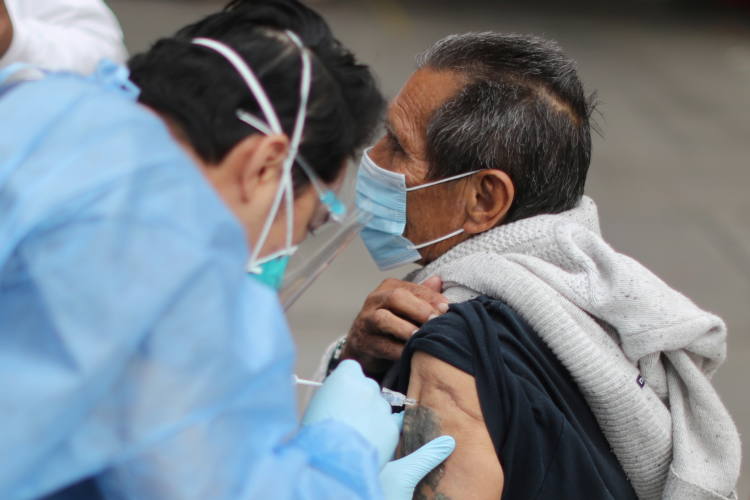A recent study in the prestigious New England Journal of Medicine, led by Massachusetts-based physician scientists, is leading to a disturbing discovery: individuals fully vaccinated and boosted against COVID-19 seem to recover markedly more slowly from the illness. Surprisingly, the subjects remained contagious for a long time. While the study didn’t investigate implications associated with illness severity, the findings, none the less, raise significant questions for consideration.
The study was approved by the institutional review board and the institutional biosafety committee at Mass General Brigham. Informed consent was obtained from all of the participants.
The takeaways from this study could be profound if the results were scaled out to larger cohorts. People that are vaccinated remain five times as contagious as those that are unvaccinated, ten days after the COVID-19 infection. This longitudinal cohort study produces surprising findings.
While data indicate the vaccine reduces the severity of the disease overall, the study team found no marked difference involving the median duration of shedding among those participants who were unvaccinated, those who were vaccinated yet not boosted, and those who were both vaccinated and boosted.
The study enrolled 66 participants, 32 of whom were sequenced and identified as having the delta variant and 34 infected with omicron or B.A. 1, inclusive of sub-lineages. It also excluded anyone that had been treated with a COVID-19 therapy and included only one person with a symptomatic infection.
The researchers observed that by day five, after an initial infection, fewer than 25% of the unvaccinated participants remained contagious with COVID-19. However, approximately 70% of boosted subjects continued to carry the SARS-Covid-2 particles.
But what about the partially vaccinated? About 50% of the subjects continued to be contagious after five days. Yet, ten days after infection, 31% of those studied participants continued to carry an active, live source, COVID-19 virus. However, on 6% of the unvaccinated cohorts remained contagious.
The data show that people that received a third booster are five times more likely to remain contagious at the post-infection ten-day mark than unvaccinated individuals.
If this data holds true with larger populations, the vaccinated become the walking contagious compared to the unvaccinated. Moreover, this study could help explain the Plaxovid issues. For example, many vaccinated persons who get ill and then take the Plaxovid drug, find themselves becoming ill again after completing the five-day course.
It should be noted that the study team did put up a caveat to their study data so far which reads as follows “Our results should be interpreted within the small sample size, which limits precision, and the possibility of residual confounding in comparisons according to the variant, vaccination status, and the time period of infection. Although culture positivity has been proposed as a possible proxy for infectiousness, five additional studies are needed to correlate viral culture positivity with confirmed transmission in order to confirm isolation periods. ”
In any case, this study is bombshell in nature, and of course, the folks at TrialSite News will be keeping an eye on any additional data as it becomes available.
Text From TrialSite News, Edited by InfoArmed

